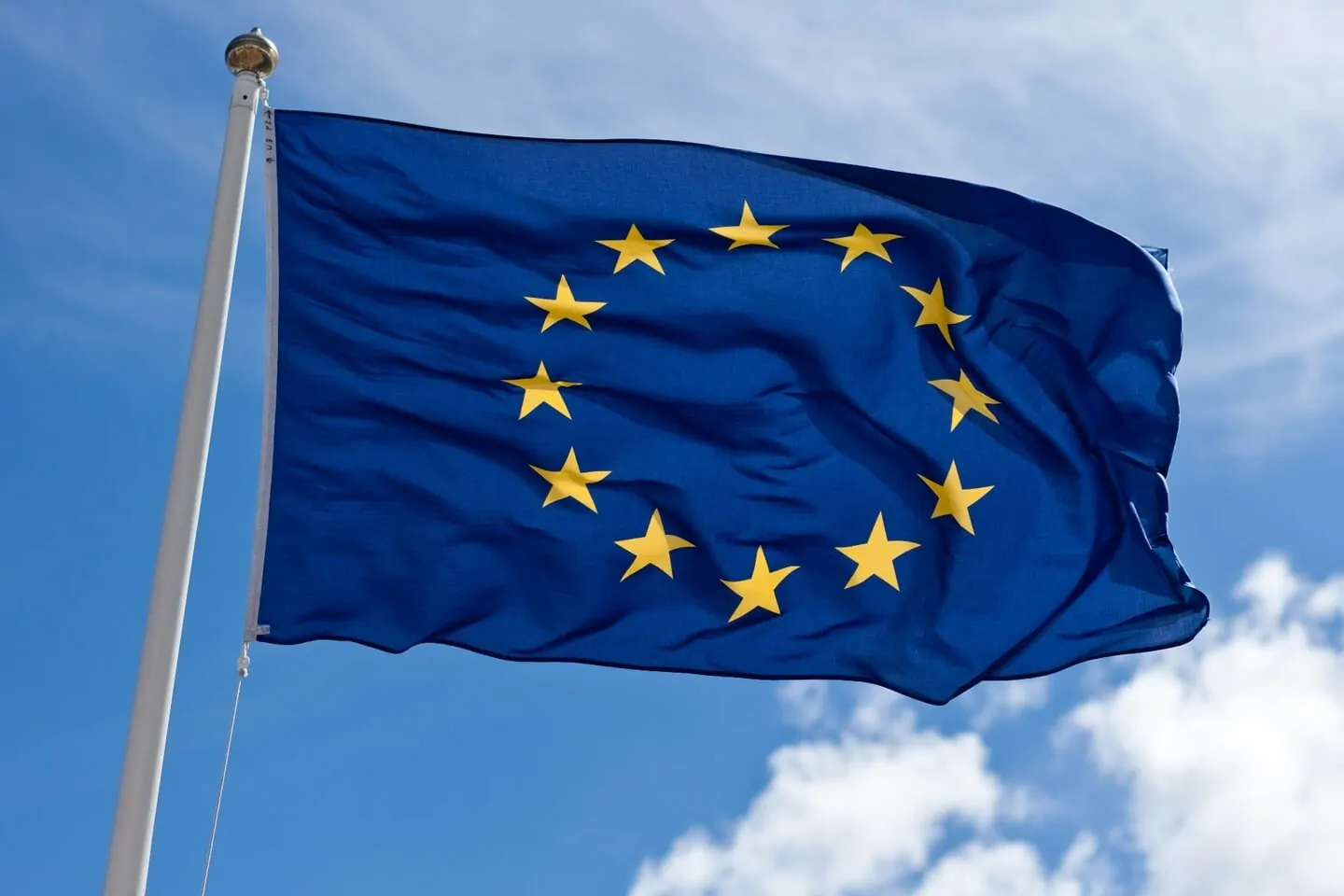
Making Tax Digital: The Gap Between Spreadsheet and Software
14 Nov 2018It’s the end of the VAT return as we know it.
Making Tax Digital and, more specifically, Making Tax Digital for VAT is a HMRC initiative that aims high. Designed to transform the UK VAT system, Making Tax Digital endeavours to do what it says on the tin by digitising tax, thus making it more efficient and easier for taxpayers and advisers alike.
It is a compulsory digital tax system that will initially apply only to VAT registered businesses with turnover exceeding the VAT registration threshold and will ultimately transform the filing of VAT returns into a seamless, end-to-end digital experience.
HMRC’s current online VAT filing service accounts for 90% of all VAT return submissions made today but, for VAT periods beginning on or after 1st April 2019, this service will be removed for businesses that meet the Making Tax Digital criteria above.
These businesses will be compelled to either use an adviser able to submit on their behalf using HMRC approved software, or to use an ‘API-enabled’ bookkeeping solution that will allow them to perform such submissions themselves.
While most firms already file VAT returns online, the journey taken to compile the correct VAT figures is typically more analogue than digital and frequently relies on spreadsheets, the use of which has been hotly debated as Making Tax Digital worked its way through the legislative process.
Bridging the Gap: Spreadsheets and MTD
Simply put, when Making Tax Digital states that VAT return data must be kept and filed digitally, it means the software used must be capable of providing information to HMRC digitally via their Application Programming Interface (API) protocols.
HMRC have always maintained that spreadsheets exist outside their vision of an end-to-end digital environment.
However, on July 13th, after significant pressure from trade and industry bodies and the accountancy profession alike, HMRC released its final addendum to the VAT notice which states that spreadsheets can continue to be used, providing they are used in conjunction with a solution that can submit information digitally to HMRC.
Transition Before Transformation
In some ways it is great news that spreadsheets can continue to be used in the VAT process as this will allow a more straightforward transition to digital.
The fact is, spreadsheets are still widely regarded as an essential accounting tool, particularly when it comes to calculating VAT, thanks largely to their flexibility in accommodating the needs of businesses large and small.
Advisers, in many instances, are using multiple styles and versions of spreadsheets for a diverse range of clients. While migrating all these businesses to new systems and processes ahead of Making Tax Digital would be a huge undertaking, getting a company’s spreadsheet in order first is key making a firm fully digital ahead of April’s deadline.
While Making Tax Digital is encouraging firms to transcend into being a fully digital practice, it’s essential that businesses walk before they run. Advisers are therefore responsible for supporting businesses and helping them bridge the gap between spreadsheets and HMRC-compliant software.
It is also worth noting that while the vision of an end-to-end fully digital filing journey is on the horizon, many advisers have significant legacy Making Tax Digital processes dependent on spreadsheets, the migration of which, for more complex scenarios, may require considerable thought and planning.
Overall, while it’s great news that spreadsheets can continue to play an important role in the Making Tax Digital journey, it’s important to keep focus on the long term benefits of HMRC’s digital overhaul.
Ultimately, Making Tax Digital is massive opportunity to capture change in the way businesses access and use their data, with limitless opportunities offered from automated processes, proactive risk management, intuitive data analytics, real-time analysis and reaction capability.
This can lead to opportunities to increase efficiency, standardise processes and reduce risk.
In the short term, new technologies can function as centrally and critically involved with day-to-day business decision-drivers.
Need to get your business ready for Making Tax Digital? Our team are certified to help make the process a smooth one and get the very best from your new software.
Get in touch to further discuss how our expertise can get help your business realise its full potential.






















